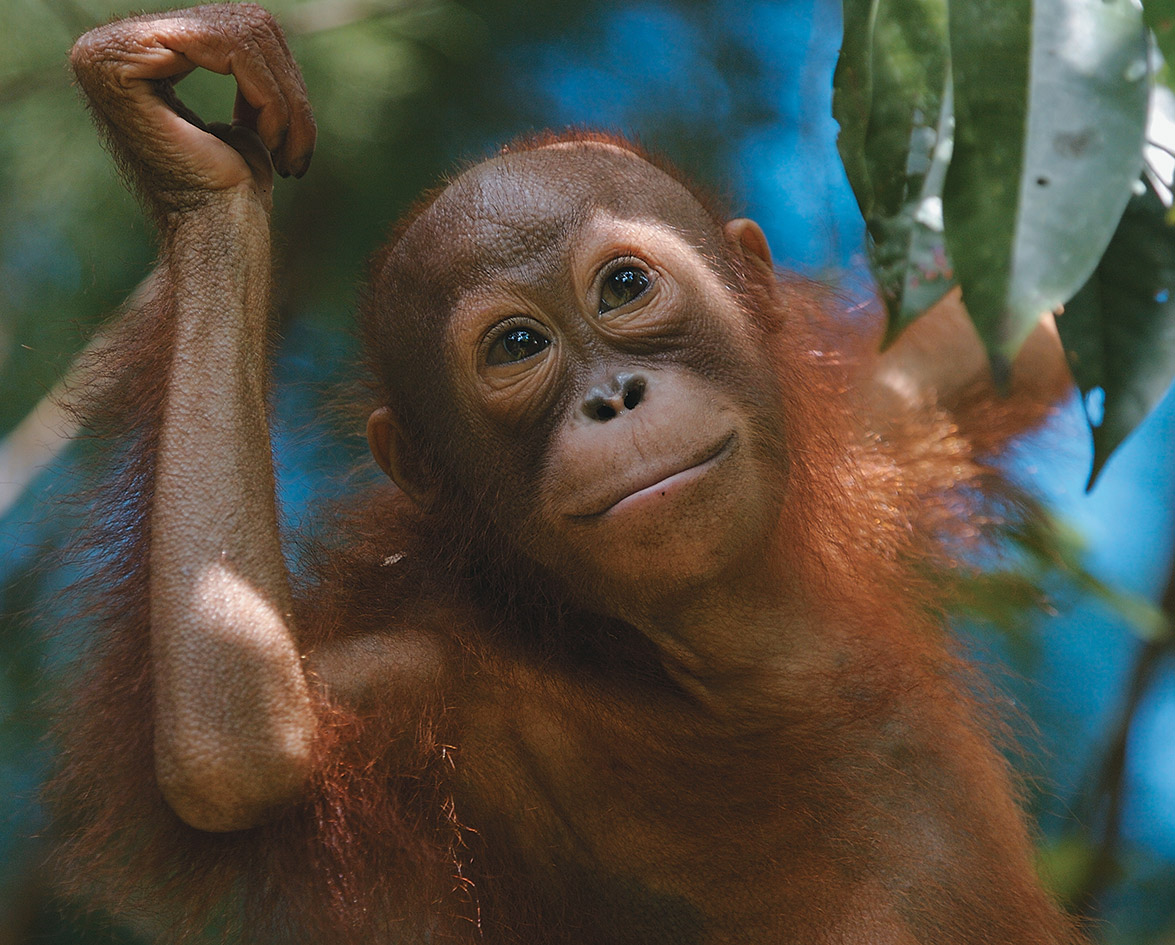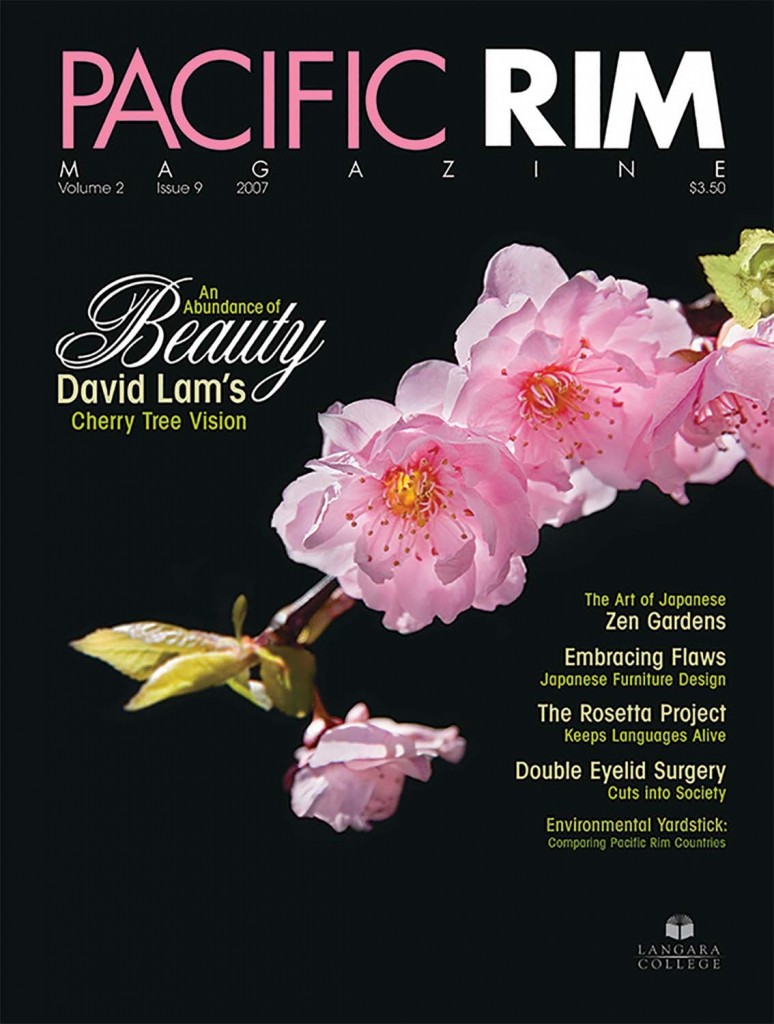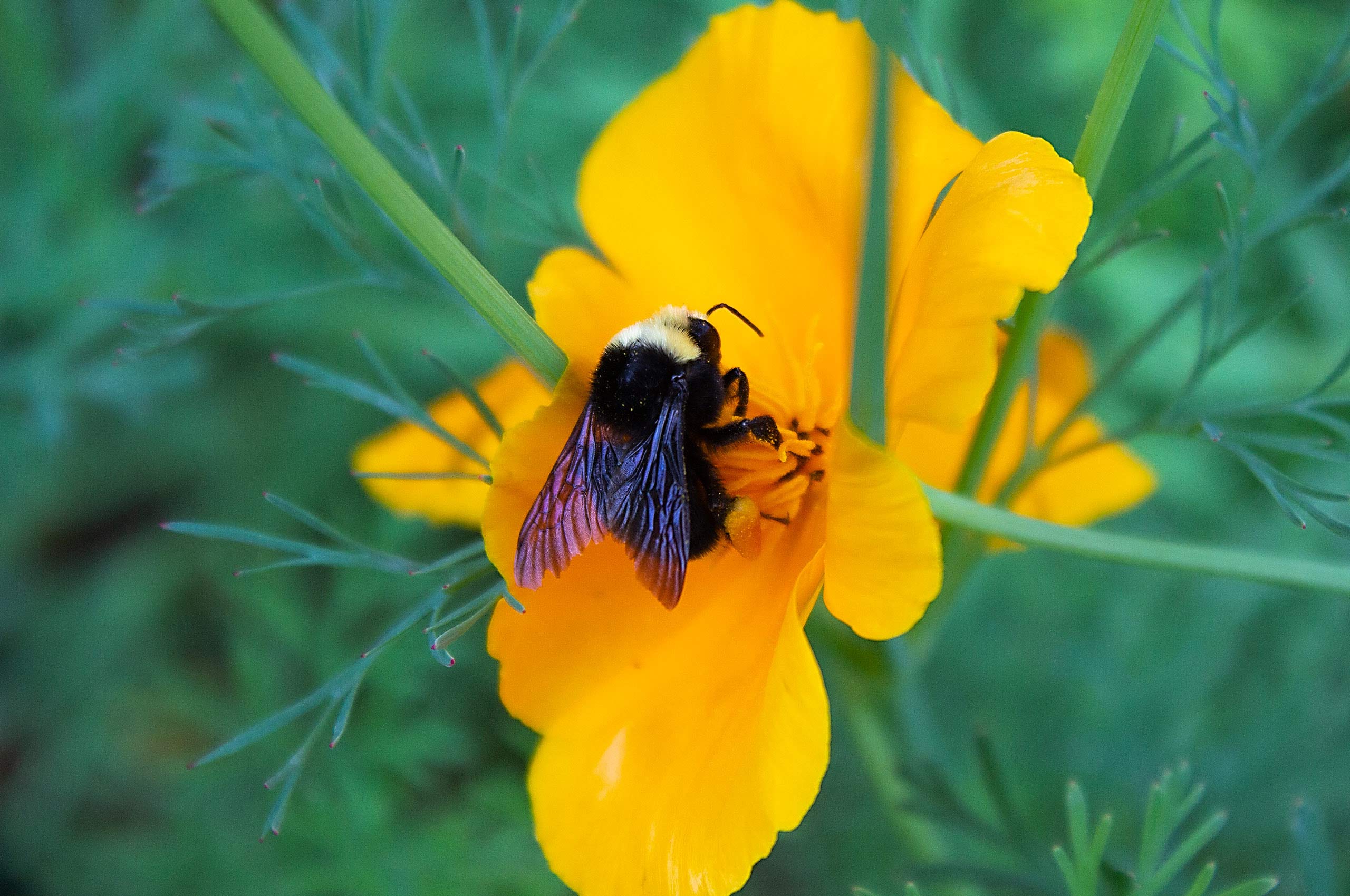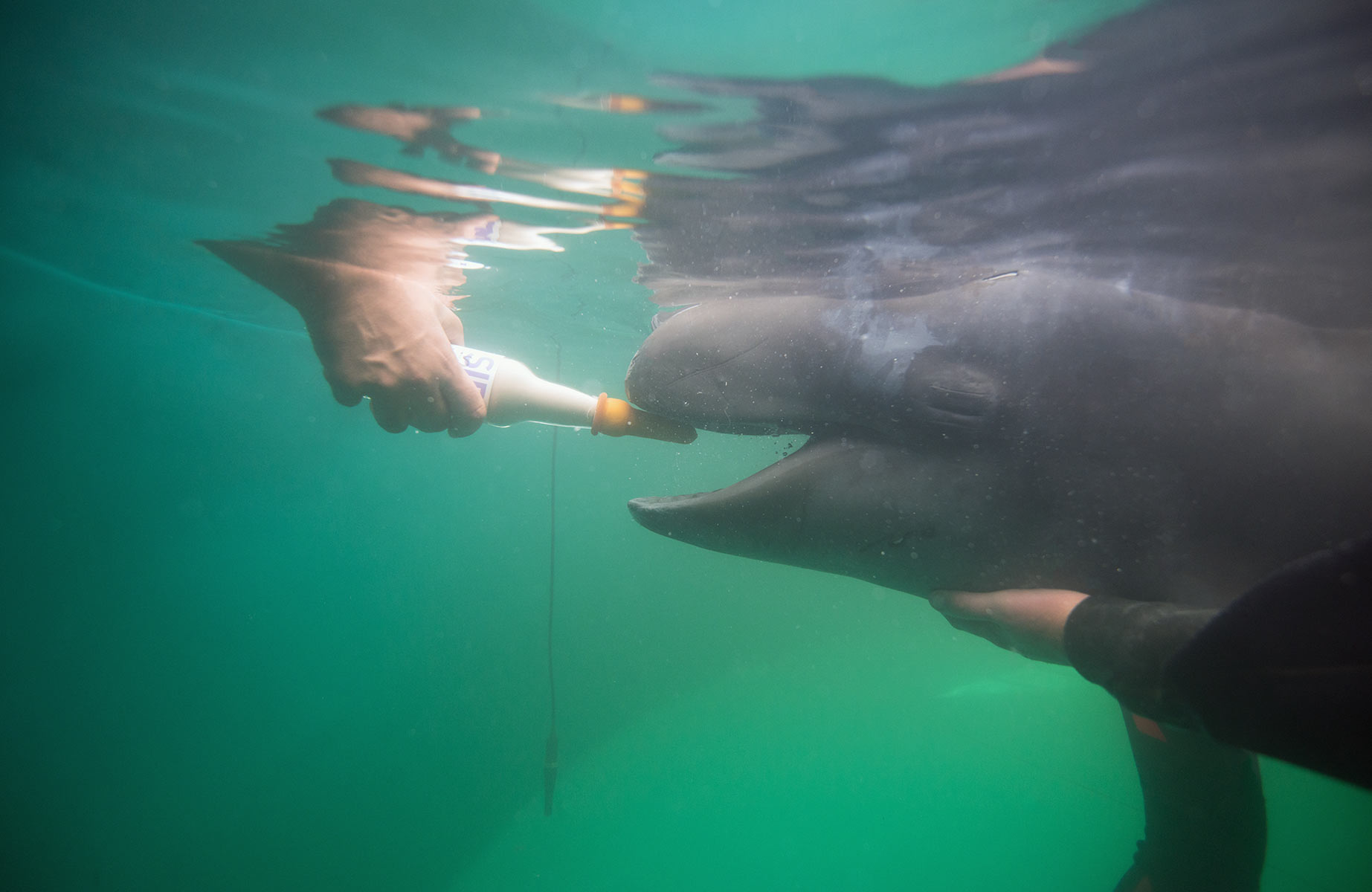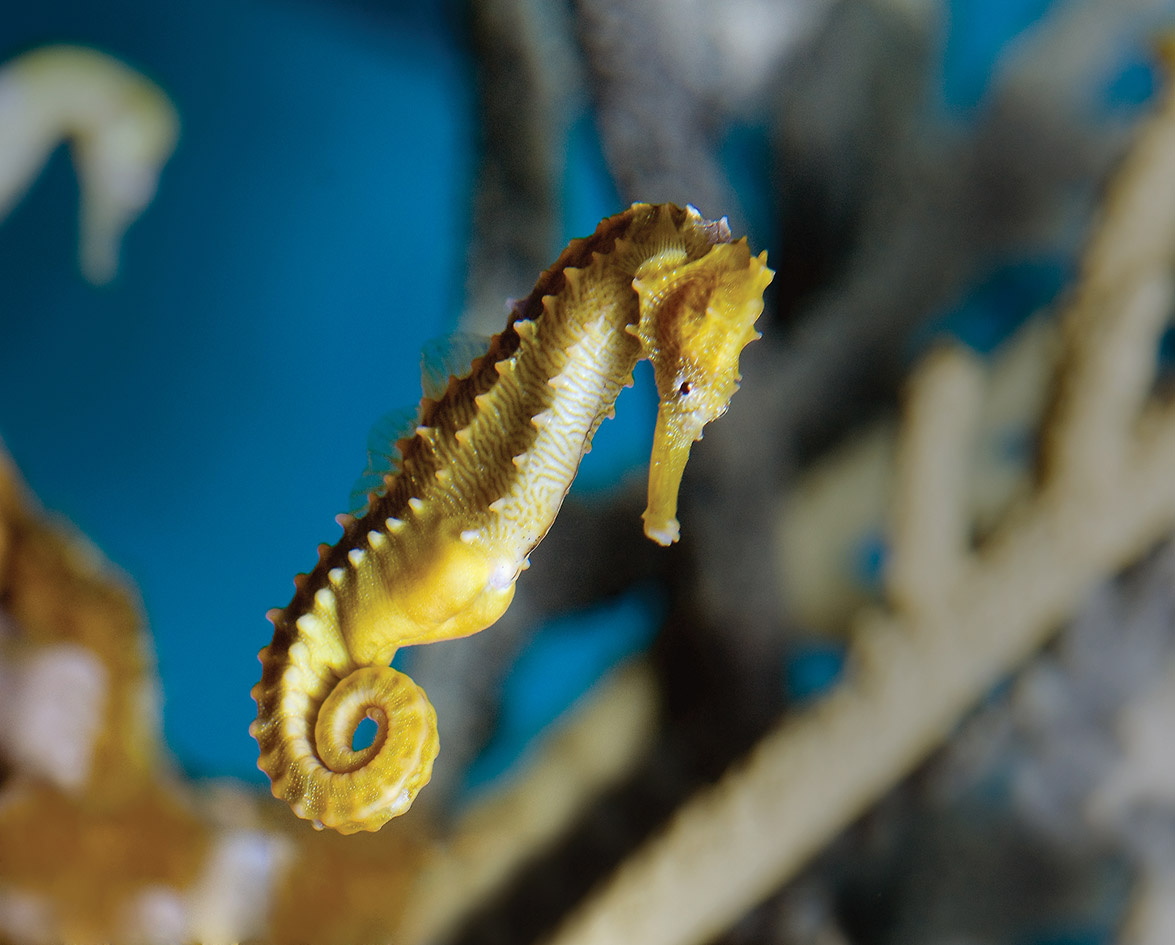Orangutans of Indonesia, who share 97 percent of human genetic makeup, are endangered due to illegal logging, fires, and hunting. They are facing extinction because of the exploitation and devastation of their habitat. This destruction is taking its toll on this ‘man of the forest’ and soon there may not be any orangutans left. At the beginning of the 20th century, the orangutan population numbered in the hundreds of thousands. Today, it has diminished to approximately 50,000 in Borneo and 7,000 in North Sumatra. It is estimated that an additional 4,000–5,000 orangutans are killed every year.
Wild orangutans live only on the islands of Borneo and Sumatra and have slight genetic and behavioural differences. Bornean orangutans are quite solitary, as food is scarce and travelling in a group for food would create conflict. Sumatran orangutans are slightly more social, as food is more available and they do not have to search to find their meals. Orangutans have the largest birth interval of any land mammal on the planet, only giving birth every eight or more years. Because of this, they are more susceptible to extinction than any other species. They are entirely dependent on the rainforest for food, shelter, and ultimate survival.
Illegal Deforestation By Palm Oil Plantations
Palm oil plantations are the most significant development that threatens the future of wild orangutans. Indonesia intends to become the top palm oil producer in the world. “By 2007, Indonesia’s palm oil production will exceed 16 million tons,” stated Derom Bangun, chairman of the Indonesian Palm Oil Producers Association. According to the WWF (formerly called the World Wildlife Fund), as reported by Monga Bay (an online news source for wildlife conservation issues), there is already enough degraded, non-forested land in the region to establish palm oil plantations without destroying natural forest. Despite this, illegal fires continue to burn to make room for more plantations.
“We are facing a silent massacre, taking place far from where people can see what’s going on.”
Oil plantations unnecessarily log thousands of acres of forest, and although the fires are damaging, the orangutans often do not perish in the fires but starve afterwards. Emaciated orangutans are often then attacked, have their hands cut off, are captured and sold, or are burned alive. Poachers and farmers with machetes, clubs, and guns are killing around 1,000 apes a year, according to Hardi Baktiantoro of the Borneo Orangutan Survival Foundation (BOS).
“The rate of loss of orangutans has never been greater than in the last three years, and oil-palm plantations are mostly to blame,” explains Dr. Willie Smits, founder and chairman of BOS. “We are facing a silent massacre, taking place far from where people can see what is going on. We need international cooperation now to address this crisis.”
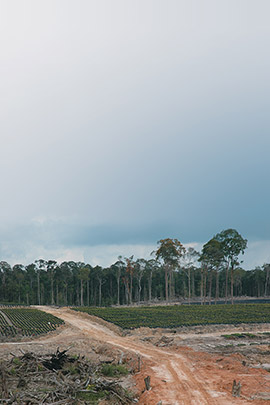
Refuges Created For Orangutans
In the face of these tragedies, many fight for the future of these primates. Tanjung Puting Park, which was declared a National Park in 1982, is one of the largest and most diverse protected forests. Stretching to just over 300,000 hectares, the park also includes Camp Leaky, a refuge for the rehabilitation and the study of wild orangutans. Dr. Biruté Galdikas established Camp Leaky and named it in honour of legendary anthropologist Louis Leaky in 1971. The camp originally consisted of just two huts, but has expanded to serve as a base for scientists, students, and staff.
Dr. Galdikas also formed The Orangutan Foundation International (OFI) in 1986, with the goal of conserving orangutans and their Bornean rainforest habitat. OFI works toward countering the primary threats to orangutan survival. A few of their top priorities include “stopping illegal logging, increasing sustainable economic alternatives for communities surrounding critical orangutan habitat, and releasing ex-captive orangutans into suitable, protected habitats.” Dr. Galdikas states, “Unless extreme action is taken soon, these forests could be gone within the next five to ten years, and wild orangutans along with them.”
As Maureen Leahy, a keeper at Woodland Park Zoo in Seattle, ex-pressed, “I am so privileged and honoured to work with these animals every day because I get to know them as individuals and I make that personal connection.” She feels, “with that [connection] comes awareness…just how much we are like each other. By default we have a responsibility to them.”
Orangutans And Habitats Need Protection
There are many organizations worldwide that are working to protect the orangutans and their habitats. These organizations are in need of monetary donations to keep their facilities running, as well as to fight forest fires in the region. In addition to donations, keeping informed is another way to help the plight of the orangutan — such as reading product labels for palm oil, or checking with manufacturers about the source of their palm oil.
Also, Dr. Galdikas feels that people visiting Borneo will help to show that there is a worldwide interest in orangutans. If Borneo is attracting concerned people, the government will then realize protecting both orangutans and their habitat is crucial. As Leahy explains, “Orangutans need our help. If nothing is done to stop the current trends of orangutan habitat destruction, we will lose this kindred ape.
For more information, visit Save the Orangutan.





